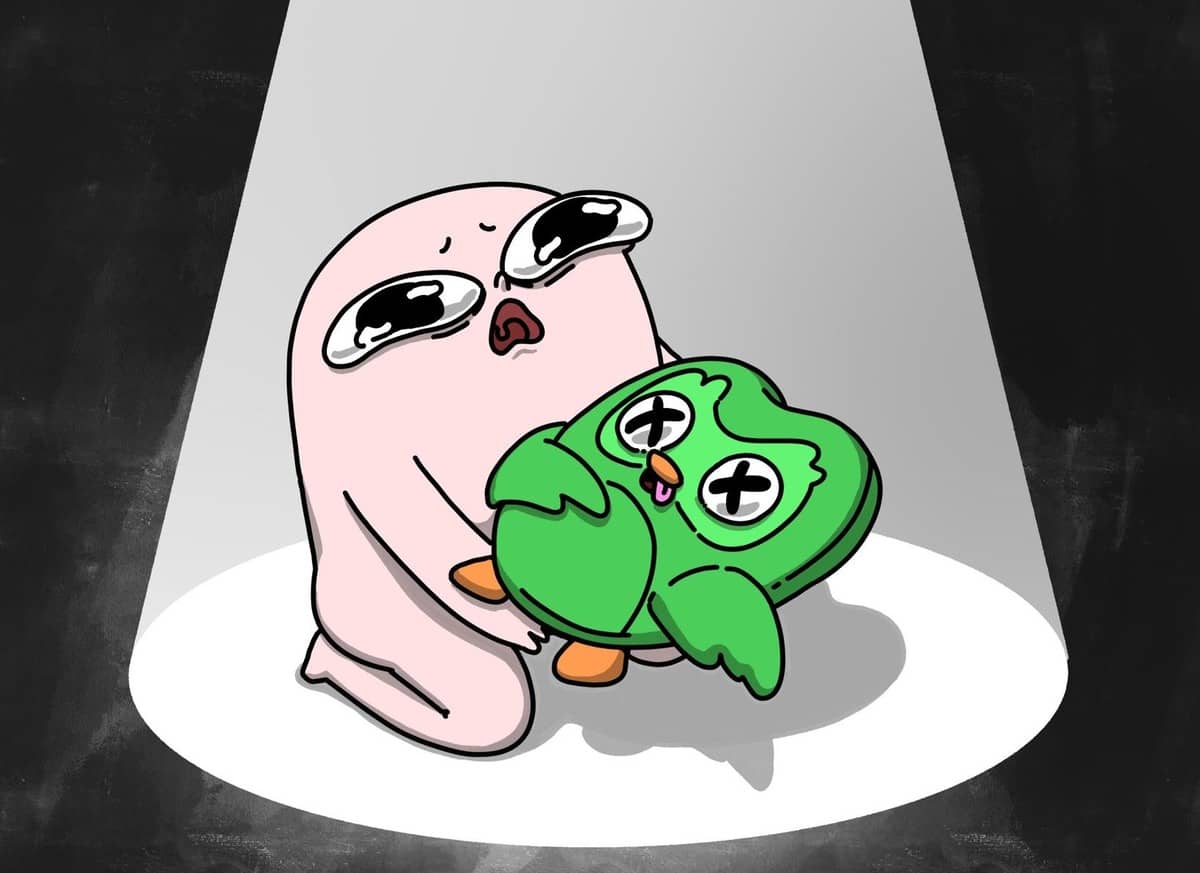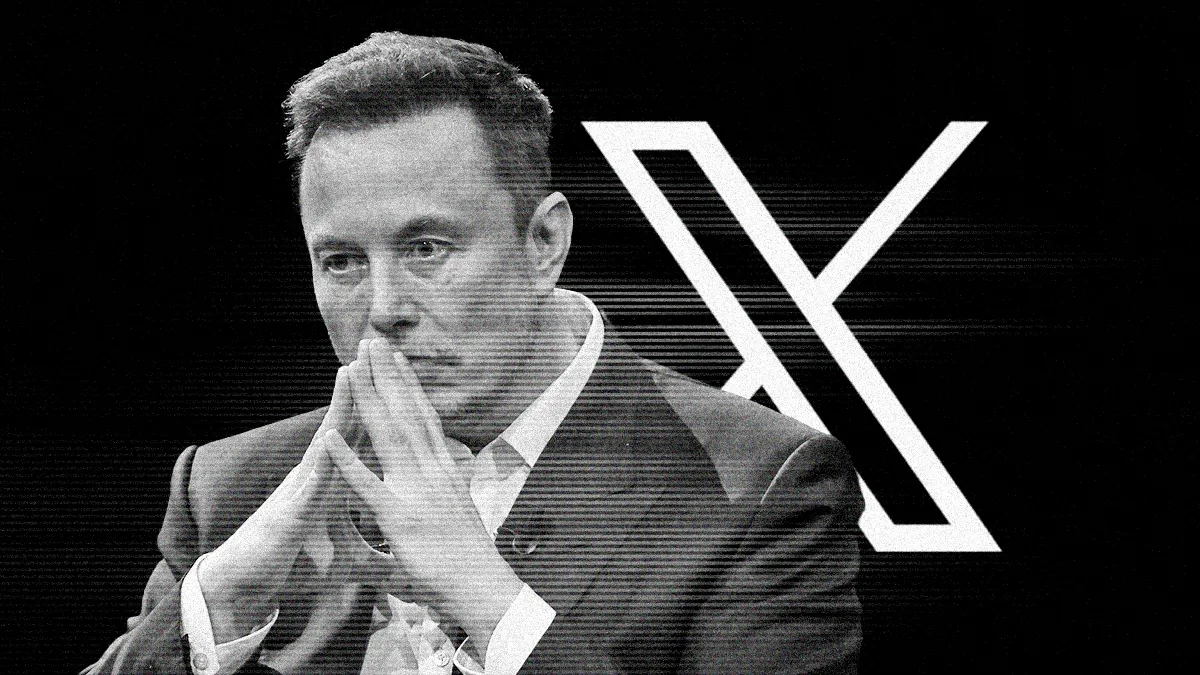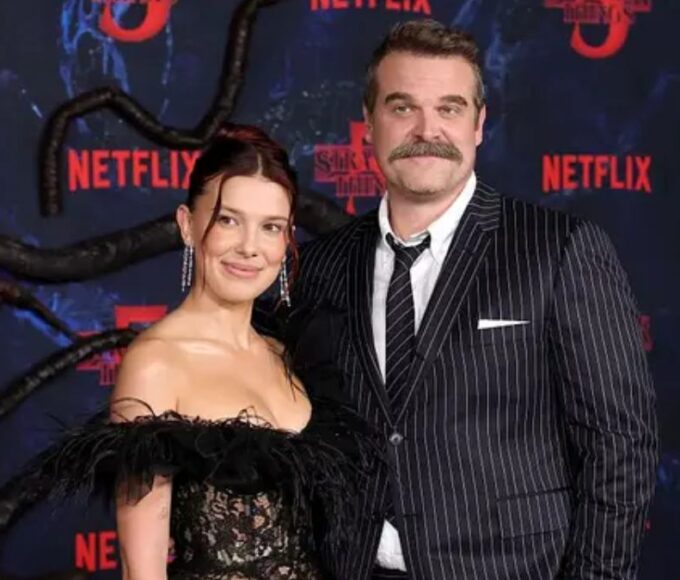In a strange twist, the Duolingo owl, also known as Duo, has been declared “dead” by the popular language-learning app.
The announcement was made on social media, and it sparked a wave of reactions across the internet. However, the most interesting part of the response wasn’t from regular users but from brands.
What Happened to Duo?
Duolingo is an app that makes learning languages fun and interactive. It’s extremely popular, with over 100 million active users in 2024.
Duo, the owl mascot, has become well-known for sending reminders to users to keep up with their studies.
But now, the app has announced that Duo is no more. There’s no official reason for the owl’s “death” yet, but it has led to a lot of buzz on social media.
Many users have made memes and jokes about it, but what’s really interesting is the involvement of brands.
The Reaction
Social media users weren’t the only ones reacting. Big brands like Assassin’s Creed, Chipotle, and Chess.com also posted about the death of Duo, gaining millions of views.
This sparked a trend where companies seemed to join the joke, pushing it to the top of people’s feeds.
But not everyone was joking. Some users expressed concerns about Duolingo replacing workers with AI, adding a layer of controversy to the situation.
A Marketing Strategy
The death of Duo is likely a marketing tactic. Duolingo has gained massive attention, and their clever move has put the brand in the spotlight. As the saying goes, “there’s no such thing as bad publicity.”
However, the real story here might be how brands are acting more like people on the internet. In today’s digital world, brands often use humor and self-referential jokes to connect with users. It’s part of a larger trend where companies seem to blend into online culture to stay relevant.
The Dead Internet Theory
This brings us to the Dead Internet Theory, which suggests that much of the content we see online today is created by bots and AI, not real people.
According to this theory, the internet has shifted from being a space for individual users to a place driven by corporate interests.
The response to the Duolingo owl’s death might be a perfect example of this. Brands took over the conversation before it could even spread naturally among people.
It feels like a moment where corporate interests have hijacked what should have been a personal or community-driven event.
What’s Next?
Despite the strange nature of the situation, Duolingo’s strategy worked. People are talking about the app, and the brand has received a ton of visibility.
However, the incident also highlights how the internet is changing. As more brands dominate the conversation, the line between personal engagement and corporate influence becomes harder to see.
The Duolingo owl may be gone, but the discussion around the changing internet is just beginning.











Leave a comment